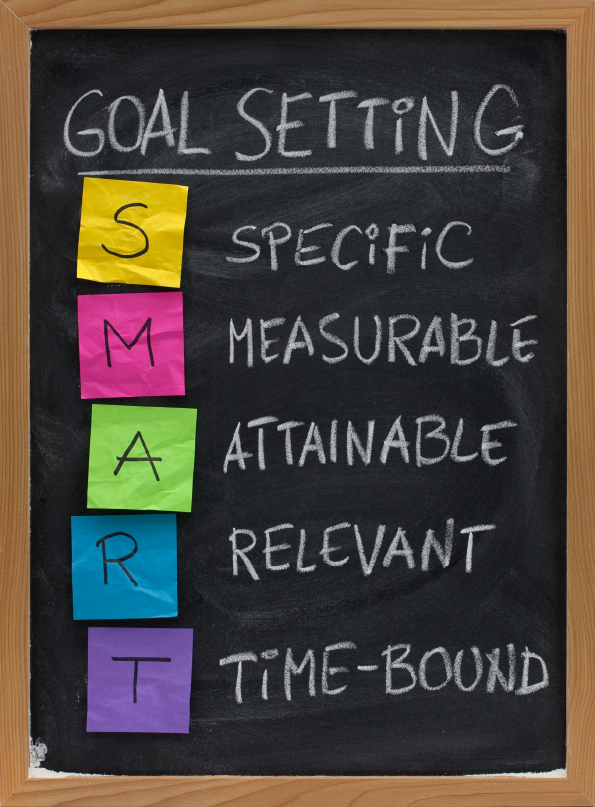How do you go about setting a REAL goal? Peter Thomson investigates.
You and I are interested in personal development – so we’ve been exposed to the idea of goal setting many times in our lives. Here’s a slightly different way to think about the everyday goals you set for yourself.
Sometimes the very act of goal setting can focus our minds only on the achievement of the goal itself. However there is more to be gained from setting and achieving those goals.
That’s why I developed the idea of R.E.A.L. goals. With R.E.A.L. goals we establish the Results, Experience And Learning we want to accomplish. Such self-questions such as: What do I want as the result of achieving this goal? What do I want to experience by striving for this goal? And – What do I want to learn from the journey towards this goal? – are great questions to ask.
Let me share with you an example of a REAL goal:
Imagine this situation. A manager has an occasion to reprimand a team member for lack of performance. Now, the standard goal would probably sound like this.
At the end of my conversation with Bill, he will return to work knowing that I am not pleased with his current performance. He will be well aware that I have faith in him and he will perform at a higher level than before.
Now a REAL goal would be like this. I will see Bill at 10.00am today and have a discussion with him for 10 minutes. At the discussion Bill will be aware that:
- He is valued as a person as well as for the skills he brings to the business.
- He will know that the action in question is unacceptable
- He will be aware of the consequences to himself, to the team and the company of that action.
- I will ask him to avoid that action in the future.
- I will confirm my belief in him.
- I will confirm with a handshake the fact that Bill has accepted that he has to take different actions in the future.
- During the conversation I will focus my attention on Bill’s well being and create a positive environment without recriminations. Clearly focusing on what’s happened, not on who did it.
- During the conversation I will remember that Bill has a choice regarding his employment with the company.
- I will enjoy the communication process and listen intently to everything I say and everything Bill has to say.
- At the end of the conversation I will take a further 10 minutes and write an appraisal of my experience of the meeting and establish what I have learned. I will examine the words I have used, the manner in which I delivered those words and the body language I used. I will examine the words that Bill used, the manner in which he used those words and the body language he used.
- In order to access my memory of the events, I will take notes throughout the meeting and start my own appraisal with a focused self-question on paper, which says ‘What did I learn from this experience?’
You can imagine how much better the brief meeting with Bill will be and how much more will be the experience and learning by the manager, by the use of a REAL goal!





